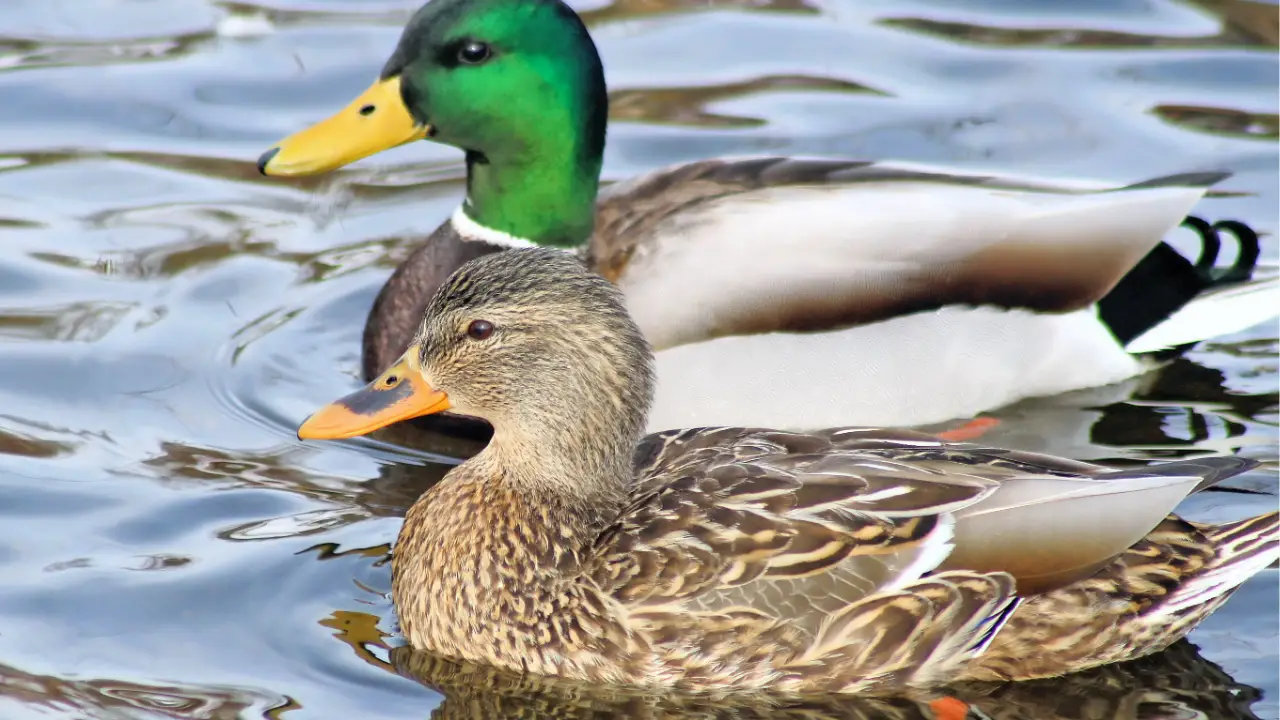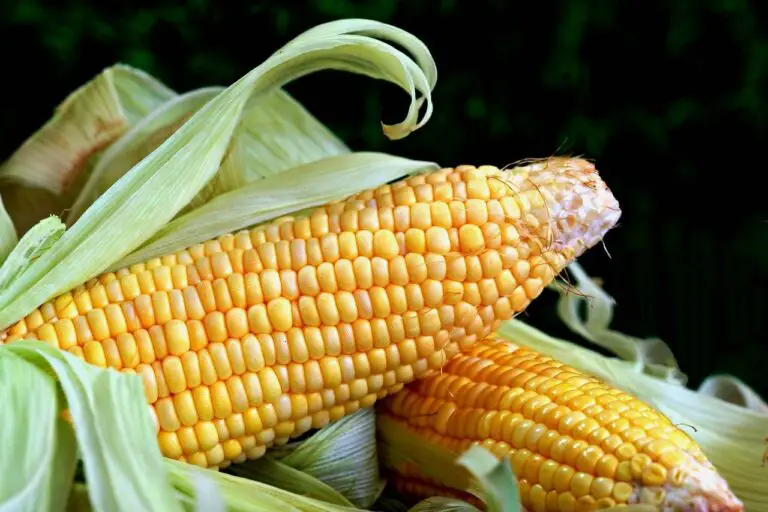How Long Do Ducks Live?

Ducks are a familiar sight in many parts of the world, whether they are waddling through parks, gliding across ponds, or swimming in farmyard puddles. These charming birds captivate with their vibrant plumage, playful behavior, and endearing quacks. For those who raise ducks or simply admire them from afar, a common question often arises: how long do ducks live? Understanding the lifespan of these birds involves looking at various factors, including species, environment, diet, and care. In this article, we’ll explore the typical lifespan of ducks and what influences their longevity.
Ducks can live between 5 to 10 years on average, with some domestic breeds living even longer under ideal conditions.
Factors Influencing Duck Lifespan
Ducks’ lifespans can vary significantly based on their species, with domestic ducks generally living longer than their wild counterparts. Domestic ducks often benefit from protection from predators, regular feeding, and veterinary care, which can extend their lives beyond those of wild ducks that face harsher conditions. For example, a well-cared-for domestic duck might live up to 15 years, whereas a wild duck’s life expectancy is usually around 5 to 7 years due to threats like predation, disease, and scarcity of food.
Environmental factors also play a crucial role. Ducks in a safe, clean, and predator-free environment with ample food and fresh water are more likely to live longer. Those living in polluted areas or regions with extreme weather conditions may experience shorter lifespans. Additionally, ducks that are part of well-managed flocks with space to roam and social interactions tend to thrive better than those kept in cramped or isolated conditions.
Health and Nutrition
Proper nutrition is essential for ducks to live long, healthy lives. A balanced diet rich in vitamins, minerals, and proteins can prevent malnutrition and strengthen their immune systems, helping them resist diseases. Ducks fed on a diverse diet that includes grains, greens, insects, and commercial feed designed for their nutritional needs are generally healthier and more robust.
Regular health check-ups and prompt treatment of illnesses also contribute to a duck’s longevity. Vaccinations and parasite control are important preventive measures. Ducks are susceptible to various diseases, such as avian influenza, botulism, and duck viral enteritis, which can significantly reduce their lifespan if not promptly addressed. By ensuring they receive timely veterinary care, duck owners can help their birds live longer, healthier lives.
The Role of Genetics
Genetics also play a part in determining how long ducks live. Some duck breeds are naturally hardier and have longer lifespans due to their genetic makeup. For instance, heritage breeds often have more robust health compared to hybrid breeds, which might be bred for specific traits like egg production or meat quality at the expense of longevity. Understanding the genetic background of ducks can provide insights into their potential lifespan and any specific health concerns to watch out for.
Breeding practices can influence longevity as well. Responsible breeders who select for health and longevity can produce ducks that live longer and are more resilient. Conversely, poor breeding practices can lead to genetic defects and health issues that shorten a duck’s life.
Social Environment and Enrichment
Ducks are social creatures that thrive in groups. Providing them with a stimulating and enriched environment can positively impact their mental and physical well-being. Ducks kept in isolation or without sufficient social interaction can experience stress and behavioral issues, which can negatively affect their health and lifespan.
Enrichment activities, such as providing water for swimming, places to forage, and opportunities for social interactions with other ducks, can enhance their quality of life. Ducks that are happy and engaged are more likely to live longer than those kept in monotonous or unstimulating environments. Ensuring that ducks have companionship and mental stimulation is crucial for their overall well-being and longevity.
Conclusion
The lifespan of ducks varies widely depending on a range of factors, including species, environment, diet, health care, genetics, and social conditions. By understanding and addressing these factors, it is possible to help ducks live longer, healthier lives. Whether you are raising ducks or simply enjoy watching them in nature, providing a supportive environment and proper care can make a significant difference in their longevity and quality of life.






